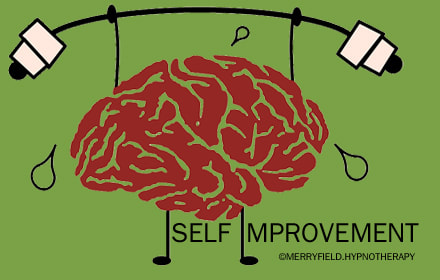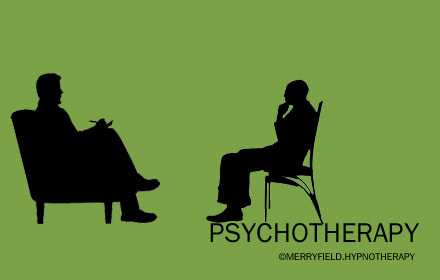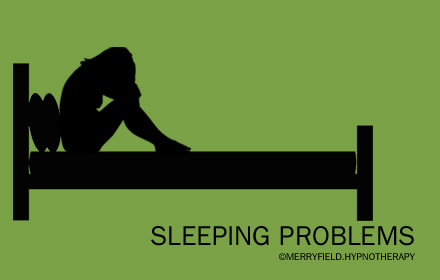 The basics of heart health have been drilled into our brains: Eat less saturated fat. Keep moving. Know your “numbers” for cholesterol, blood pressure and BMI. But what about that brain itself? Although life expectancy has more than doubled since 1900, our “mindspan” — how long we stay cognitively healthy — hasn’t kept pace. Forgetfulness, slower processing and feeling less sharp plague most of us as we age. One in five people develops mild cognitive impairment, a decline in thinking skills beyond normal aging, which may or may not advance to dementia. After 65, your odds of developing Alzheimer’s disease are one in 10. It doesn’t have to be that way, mounting research suggests. “The very term ‘age-related memory loss’ may be a misnomer,” says neurologist Dr. Richard Isaacson, an Alzheimer’s specialist at Weill Cornell Medicine in New York. Time and genetics alone don’t erode brain functions. How we spend our lives managing the modifiable risk factors that affect our genes is highly significant for our brain health, researchers say. That’s why you’re likely to hear a lot more in the coming years about brain health and what you can do for your own. Continue reading. Originally posted on Next Avenue.
0 Comments
 There is a famous scene in the film Good Will Hunting where Robin Williams, playing a therapist, compassionately repeats the line “It’s not your fault” to Will, a troubled young man with self-destructive tendencies, who happens to be a genius. The line is a response to the revelation of abuse Will endured as a child. At first, Will is dismissive of the statement, but as his therapist steadily repeats “It’s not your fault,” he becomes increasingly agitated. Finally, he erupts into emotion, tearfully allowing the meaning of the words to sink in. This scene is a powerful signification of what trauma can do to a human being. It is also a testament to the importance of anyone who has experienced trauma embracing the irrefutable reality that it is not their fault. The character Will may have been a victim of what’s often referred to as “big T trauma,” which can include serious abuse or a life-threatening event. However, a person does not have to have experienced an explicitly existential event to experience trauma. “Little t trauma” comprises events that may not sound as dramatic as that of war, devastation, or extreme violence, but that significantly impact individuals by causing them distress, fear, or pain and, therefore, change the way they see themselves, other people, and the world around them. Too often, people seek excuses to dismiss, bury, or overlook both big and little t trauma. Continue reading. Originally posted on Psychology Today.  Research findings suggesting that sleep loss and anxiety are closely linked were among those presented at Neuroscience 2018, the annual conference of the Society for Neuroscience held in San Diego, California. The news isn’t all dire, however – this year’s event offered some science-based encouragement along with causes for concern. Neuroscience continues focusing on the mysteries of sleep (and yes, it’s still plenty mysterious despite its media ubiquity)—not only the perils of failing to get enough, but the list of vital roles it plays in our brains. Research discussed at this year’s event touched on a range of findings, from sleep's roles in memory consolidation to garbage removal in brain tissue. We’re learning via more studies each year that sleep, including well-placed naps, facilitates the brain’s consolidation of information—moving memory freight from short-term to long-term storage, and sharpening its accessibility for when we need it. Without sleep, memory simply doesn’t happen. Continue reading. Originally posted on Forbes.com. |
Please Note:All postings on the NEWS page are made purely for information and interest. I do not endorse or denounce any of them but find them all very interesting. I leave it up to you to decide if what you read will work for you. Archives
June 2023
|



 RSS Feed
RSS Feed
